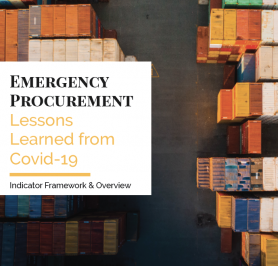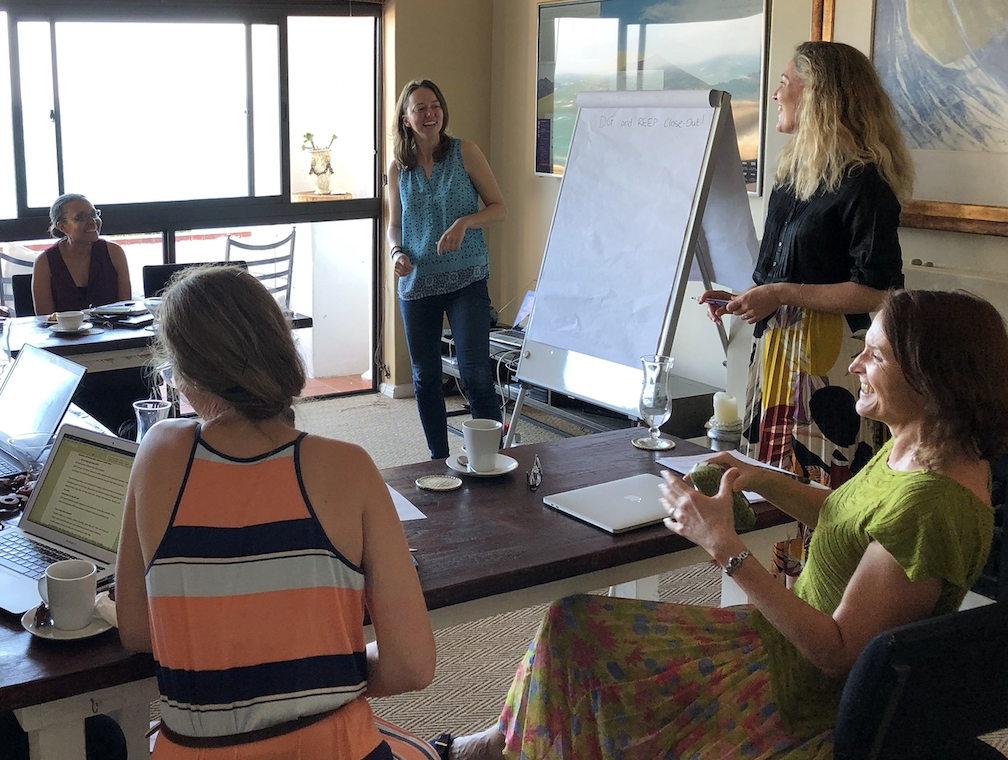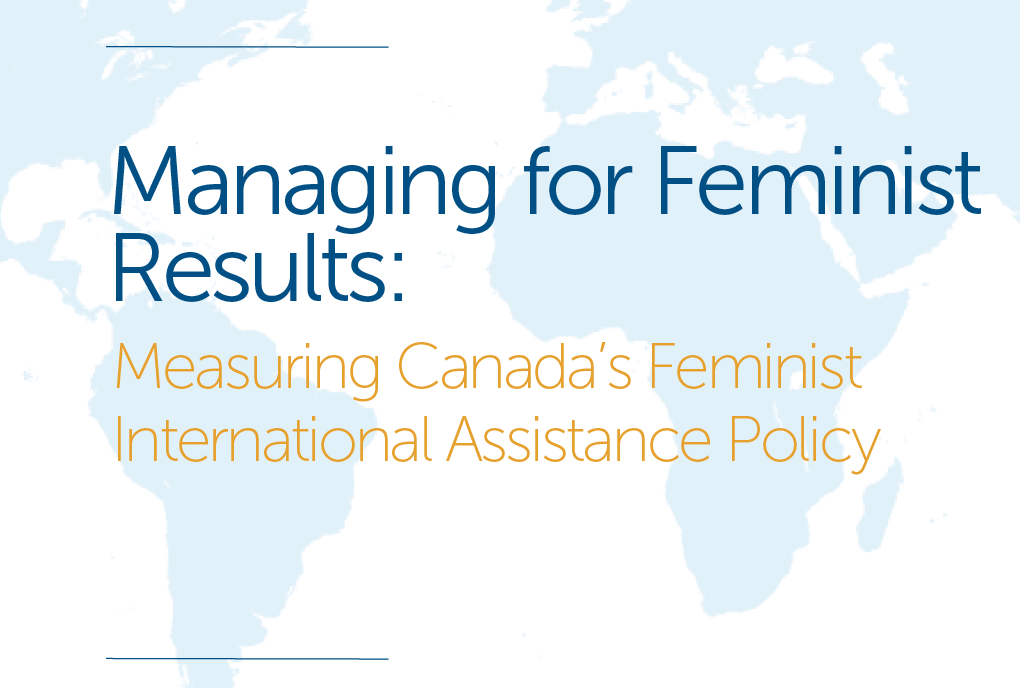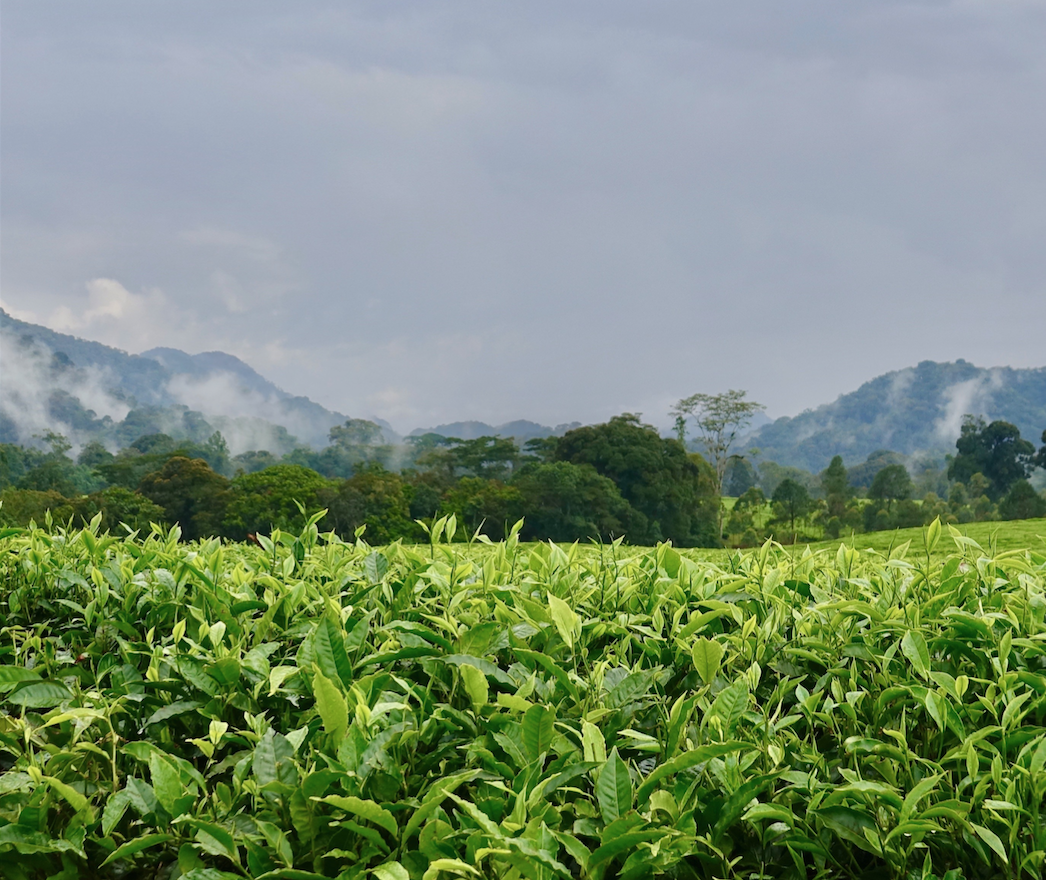Posts by Annie Kilroy
Page 2

Resilience by eDesign: Digital Emergency Procurement
In a global emergency, public spending helps acquire materials to respond to the crisis, and stimulates the economy to assist with post-crisis recovery. In recent months, DG set out to understand what public procurement policies, contracting mechanisms, and data and digital capabilities were required to procure a rapid and effective emergency response.
-1200x960.jpg)
Catalyzing Use of Gender Data
From our experience understanding data use, the primary obstacle to measuring and organizational learning from feminist outcomes is that development actors do not always capture gender data systematically. What can be done to change that?

What Do We Mean by “Gender Data?”
March is International Women’s History Month. Throughout the next weeks, DG will be publishing a series of blogs that highlight and honor the work that we and others are doing to support the vital role of women. We’re kicking off the series with this post, highlighting the importance of gender data.
-1200x1200.jpg)
Takeaways from #D4GX19: Harnessing Data Science for the SDGs
Bloomberg’s Data for Good Exchange (D4GX): Data Science for SDGs brought together data scientists, corporations, academics, practitioners, and civil society to discuss issues and explore opportunities related to data science and social good. Given DG’s recent work on the Administrative Data Driven Decisions (AD3) program and understanding national data ecosystems, we opened our D4GX workshop asking, “Show of hands – who thought today’s workshop would cover how to use data science and administrative data to report on SDG indicators?”

DG White Paper Release: Managing for Feminist Results
Today, Development Gateway (DG) is pleased to announce the publication of the Managing for Feminist Results: Measuring Canada’s Feminist International Assistance Policy white paper, that outlines the challenges and opportunities that development agencies may face when adopting new and/or feminist policies.

Mapping the Path Toward Collaborative Research
Development actors, ourselves included, talk a lot about the importance of opening up datasets and building interoperability in order to leverage the power of collective data – but often without clarity on what meaningful collaboration and sharing actually requires in practice. For example, what can a livestock project in Nepal and a rice project in Cambodia learn from each